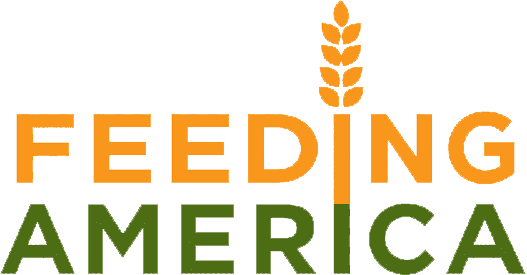We’re kicking off the New Year by collecting a precious resource: peanut butter! Well actually, all nut butters! It’s an item that’s in demand from all members of the community we serve, from kids to seniors and everyone in between. We love peanut butter because it’s filling, and when it doesn’t contain added sugar or other additives, it’s very good for you! But how good, you may ask?
Peanut butter has a reputation as a snack food. It’s elevated to meal status when it’s a PB&J in a kid’s lunch box, but it hasn’t gotten enough credit, considering its a literal NUTRITIONAL SUPER FOOD. Peanut butter by itself is a great source of plant-based protein, unsaturated fat (remember, that’s the good kind!) and fiber. But it’s actually the way that peanut butter can work in coordination with the rest of your diet that makes it a next-level nutritional superstar.
We know that peanut butter is filling and energy-dense, so it’s a perfect food for kids’ lunches, college students on a budget, and seniors who no longer cook. But what makes it filling?
Fiber! It’s fiber that makes us feel full, but not the kind of fatigued, sluggish over-full that comes with something like fast food. Instead, you feel nourished and energized. There’s a big trend towards “gut health” right now, and that’s great because a healthy gut means a smooth digestive process, an essential part of overall health. Peanut butter is loaded with gut-healthy fiber.
But what really is fiber?
Fiber hangs around in your digestive system and strengthens the good bacteria in your gut, while aiding the digestive process and helping your body remove toxins. Fiber feeds you and your gut bacteria. Fiber helps to improve your overall gut health to help you fight off any germs you may have ingested and make your body more able to tolerate unhealthy foods when necessary.
Peanut butter also contains the good kind of fat. Unsaturated fats (including polyunsaturated and monounsaturated) are the fats that don’t raise your cholesterol. When peanut butter’s fiber and fat are slowing down your digestion it gives your body time to catch dangers and absorb more nutrients it might otherwise miss. It also helps you feel less hungry throughout the day, helping you to reduce your intake of empty snacks.
Thanks to its healthy fat and fiber, peanut butter is also considered a low glycemic-index food, which means it helps to slow the rate sugar entering your bloodstream. Elevated levels of blood sugar can cause damage to your body’s functions over time and lead to diabetes. Stabilizing your blood sugar will keep your energy levels stable and avoid the crash that comes after a sugar high.
So, now that you know why peanut butter is great, here are a few ways to incorporate it into your diet!
- A scoop of peanut butter to your morning smoothie is will protect your body from the spike in glucose that comes from the high levels of simple sugar in a pure fruit smoothie.
- Processed grains, like those found in white bagels (not whole wheat!) can spike your blood sugar. To make it more filling, add peanut butter.
- Add peanut butter to toast; it becomes a complete protein. This means that it contains all of the amino acids (building blocks that your body needs to grow and function) found in a piece of meat! Peanut proteins are even considered to have equal nutritional value to animal-based proteins like eggs and meat.
Peanut butter is thought of as a classic American snack, but it’s clearly not just a snack and it’s quite the international superstar. Ground peanuts were in the diets of the ancient Incas of Peru and peanut butter is popular throughout the globe today from West Africa, to Thailand. It’s an inexpensive superfood that’s a dietary source for adventurers on land, sea and outer space. It’s being used to eliminate childhood malnutrition all over the world and it’s going to be a valuable tool in the Foodbank’s mission to end hunger in Santa Barbara county.
Please note: Peanut butter is not for everyone! Peanut allergies affect many members of our community. Other nut butters have very similar nutritional benefits, so please consider donating other no-sugar-added butters, such as almond, cashew, and sunflower seed.



